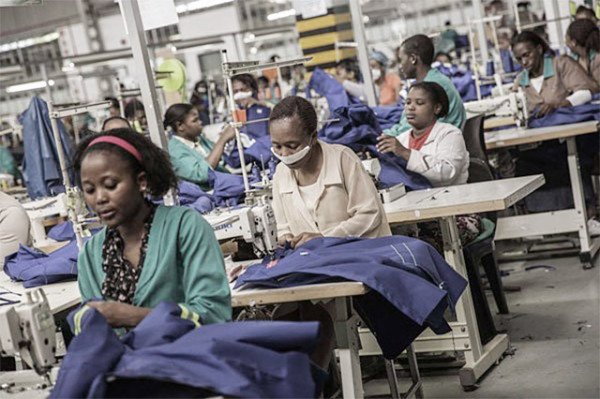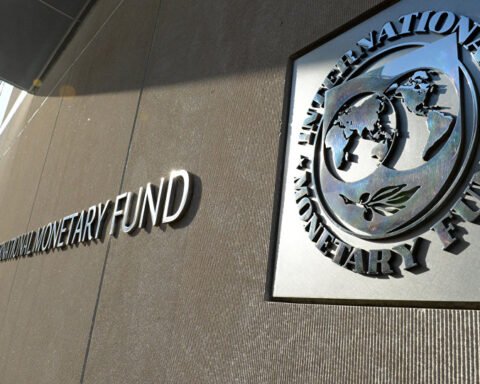Kenya’s textile industry is bracing for a potential crisis as more than 66,000 garment workers risk losing their jobs if the African Growth and Opportunity Act (AGOA) is not extended beyond its September 30 expiration.
Considering that each worker supports approximately five dependents, roughly 660,000 people could be affected directly.
AGOA allows duty-free access for African products to U.S. markets, and it has been a lifeline for Kenya’s textile sector. The program has attracted billions of shillings in foreign investment and positioned Kenya competitively against global exporters like Bangladesh and Vietnam. Without renewal, analysts warn that exports could sharply decline, creating a ripple effect on the wider economy and threatening the livelihoods of thousands of families.
The textile industry in Kenya is more than just manufacturing; it sustains entire communities. Factories are hubs of economic activity, with surrounding businesses—from transport services to local markets—relying heavily on the sector. The sudden loss of jobs could therefore destabilize entire towns.
Also Read; Port of Dar es Salaam Welcomes Mega Ships
Kenya has also sought to diversify its exports under AGOA, capitalizing on products such as avocados, cut flowers, and specialty nuts. These markets have provided alternative sources of foreign revenue, yet textiles remain the backbone of industrial employment. A lapse in AGOA threatens to undo years of industrial growth, especially in Nairobi, Thika, and other textile hubs.
Government officials have already initiated urgent lobbying in Washington, emphasizing the social and economic stakes of a lapse. Trade Minister Lee Kinyanjui stressed that protecting jobs is critical, noting that the textile workforce is particularly vulnerable in the current economic climate.
The AGOA program is also part of a broader effort to deepen trade ties between Africa and the United States, supporting economic reforms and industrial development. Without renewal, Kenya could lose preferential access to one of the largest consumer markets in the world, undermining gains in competitiveness. Analysts warn that disruption could embolden other low-cost producers, diminishing Kenya’s share in the global textile trade.
The looming AGOA deadline highlights a critical juncture for Kenya: while the government seeks diplomatic and legislative solutions, thousands of workers are left in uncertainty, highlighting the urgent need for both trade policy continuity and broader industrial resilience.







